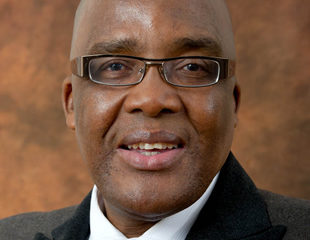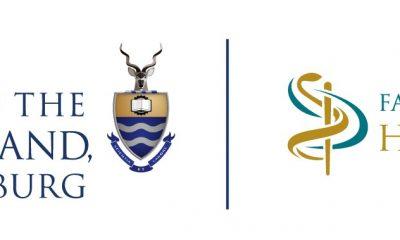Published
5 months agoon
By
zaghrah
For two decades, the world believed it was turning the tide against HIV, tuberculosis and malaria. Now, Doctors Without Borders (MSF) says all of that progress is at risk of collapsing, not due to science, but due to politics and apathy.
In its latest report titled Deadly Gaps, MSF warns that key donor countries are quietly slashing support to the Global Fund, leaving clinics underfunded, treatment programmes stalled and lives suddenly left hanging.
The biggest shock? The United States, historically the single largest contributor to global health, has failed to deliver nearly $3 billion of its pledged $6 billion for 2023–2025. That’s not just a clerical delay. For many, it’s the difference between life and death.
MSF’s warnings aren’t theoretical:
In Honduras, HIV prevention programmes funded by Pepfar (the U.S. President’s Emergency Plan for AIDS Relief) were abruptly halted.
Result? Patients lost access to vital medication overnight. Health workers lost their jobs. People are returning to clinics with advanced infections, the kind we haven’t seen in years.
In Malawi, national HIV treatment rollouts have stalled.
In Sudan, tuberculosis testing machines sit unusednot because they’re broken, but because there’s no one trained to operate them.
In the Central African Republic, South Sudan and the DRC, health workers face malaria outbreaks with dwindling medical supplies. Children under five are dying of fevers that should be easily treatable.
MSF senior advisor Antonio Flores puts it bluntly:
“The consequences are already visible. When health funding disappears, diseases don’t wait. They spread.”
South Africans know better than most how crucial global partnerships can be.
Since Pepfar launched in 2003, over $100 billion has been channelled into HIV treatment and prevention. It helped save an estimated 25 million lives and pushed countries like South Africa closer to epidemic control.
But with U.S. political shifts and halted payments, that progress now teeters on uncertainty.
The Treatment Action Campaign (TAC), famed for forcing access to antiretrovirals in the early 2000s, has joined MSF in demanding action.
“It would be a mortal blow if the Global Fund fails to meet its replenishment targets,” warns TAC’s general secretary Anele Yawa. “History will judge us if we stay silent.”
Even with medical advances, HIV still causes 1.3 million new infections and over 600,000 deaths every year.
Tuberculosis kills 1.5 million annually, yet crucial research, like drug-resistant TB trials in Belarus is being halted halfway due to funding gaps.
And malaria remains the number one killer of children under five in many African regions.
The message from MSF is clear:
Cutting funding now isn’t just irresponsible, it’s lethal.
The world doesn’t need new science. It needs political courage.
The Global Fund’s next replenishment conference is set for November. Unless countries, especially the U.S. step up, decades of progress could unravel in months.
This is no longer a distant humanitarian issue. It’s a global alarm bell.
Because infectious diseases don’t care about borders. And pandemics don’t wait for paperwork.
If donors don’t act, history will ask one haunting question:
How did we lose battles we had already won?
{Source: The Citizen}
Follow Joburg ETC on Facebook, Twitter , TikTok and Instagram
For more News in Johannesburg, visit joburgetc.com


South Africa’s Unborn Children Are Dying, Why a Pregnancy Grant Could Save Thousands


A Ticking Time Bomb: Health Advocates Warn HIV/TB Progress is on the Brink


R64 Billion, 1 200 Doctors, and a New HIV Wonder Drug: What South Africa’s Health Budget Means for You


Gaza Faces ‘Mass Starvation’ as 100+ NGOs Sound Alarm Over Aid Blockades


Wits Pulls Together R22 Million Relief Amid Major Health Research Funding Cuts


How Trump’s HIV Funding Cuts Could Trigger a Health Crisis in South Africa















